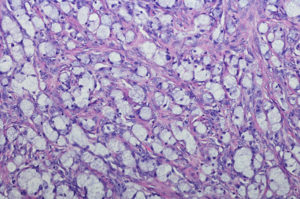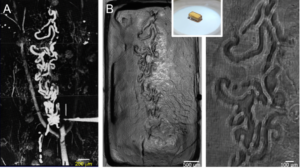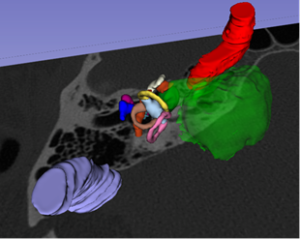Rheumatologists Worldwide Pulling Together in Face of Coronavirus Pandemic
Rheumatologists have a critical role to play in optimizing the response to COVID-19 and outcomes for our patients with rheumatic diseases. In just the past few weeks, rheumatologists at Brigham and Women’s Hospital and around the world have joined forces for this purpose.
“I’ve been very impressed by how quickly the rheumatology community has come together,” said rheumatologist Susan Y. Ritter, MD, PhD, associate medical director of the Brigham’s Arthritis Center. “I’ve seen multiple people communicating via email, Twitter and Facebook to get the word out to rheumatologists and make sure we have as much data as possible.” Read More
 The Brigham was selected as a clinical trial site for evaluating an antiviral medication for patients with moderate and severe COVID-19
The Brigham was selected as a clinical trial site for evaluating an antiviral medication for patients with moderate and severe COVID-19 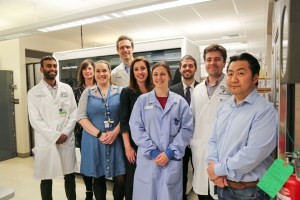

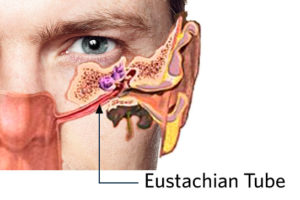 Should allergy medications such as intranasal steroids and oral antihistamines be used to treat isolated otitis media with effusion (OME)? The answer is a resounding no, according to a
Should allergy medications such as intranasal steroids and oral antihistamines be used to treat isolated otitis media with effusion (OME)? The answer is a resounding no, according to a 
